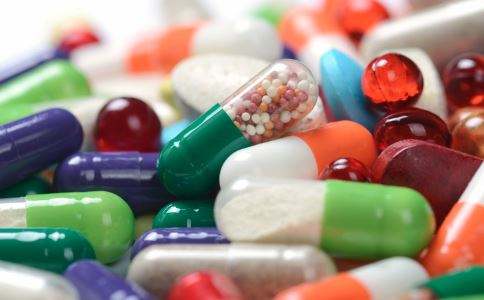Can You Take Allergy Medicine While Pregnant?
孕妇能吃抗过敏的药吗?
NO DOUBT, SOME CAUTION is warranted when deciding whether to take any medication when pregnant or nursing.
毫无疑问,妊娠期或哺乳期有很多注意事项,应特别注意科学用药。
That's because, experts say, while most medications are generally considered safe during this period, doctors and patients alike only have so much data to go on due a relative lack of research. There's a dearth of large, human studies on the safety and effectiveness of drugs for women who are pregnant or breastfeeding. For these patients "we have very limited information," says Dr. Catherine Spong, a professor of obstetrics and gynecology and chief of maternal fetal medicine at UT Southwestern Medical Center in Dallas.
专家表示,虽然人们认为大多数药物在这段时间内是可以安全服用的,但由于相关研究的缺乏,医生和患者能看到的数据并不是很多。对孕妇和哺乳期女性而言,尚缺乏大量的关于药物安全性和有效性的人类研究。对这些群体而言,“我们所知甚少,”达拉斯市德州大学西南医学中心的妇产科教授和母胎医学主任凯瑟琳·斯庞(Catherine Spong)医生说道。
To be sure, medications approved by the Food and Drug Administration must be safe for women of reproductive age, she notes. "Many medications are commonly taken by lots of women – they may not even know that they're pregnant at the time – and have not been found to have adverse effects," Spong notes.
可以肯定的是,食品和药物管理局批准的药物对于育龄妇女而言肯定是安全的,她指出。“通常,很多女性会在不知道自己怀孕的情况下服用一些药物,目前尚未发现任何副作用,”斯庞指出。

Allergy Medicines and Birth Defects
过敏药和出生缺陷
One reason antihistamines have been scrutinized is because past studies have raised concerns about a potential link between antihistamines and birth defects. However, a review by the Centers for Disease Control and Prevention of the research that included more than 50 scientific articles through early 2014 found that most of the drugs don't appear to be linked to birth defects.
由于先前的研究让人们觉得抗组胺药与先天性缺陷之间存在潜在关联,所以抗组胺药受到了严格审查。然而,疾控中心对一项研究(包含2014年初发表的50多篇科技论文)的述评发现:大多数药物似乎与出生缺陷无关。
One thoroughly studied example highlighted in the review, which was published in the journal Expert Opinion on Drug Safety, involves an association first identified between prenatal exposure to loratadine and male children being born with hypospadias. That's a birth defect in which opening of the uretha isn't located at the tip of the penis, but instead is underneath it. The abnormality affects the ability to urinate and also leads to problems with sexual function later if it's not addressed. Treatment usually involves surgery to correct the defect.
有人深入研究了该述评(发表于《药物安全专家意见》期刊上)重点提出的一个例子——人们首次发现产前吃氯雷他定与生出患有尿道下裂的男宝宝有关。这种先天缺陷指的是男性尿道口出现在阴部下方而非上方。这种异常会影响宝宝的排尿能力,如不加以治疗,后期或影响其性功能。通常需进行手术治疗。
But the research review found that link has not been confirmed in subsequent studies.
然而该研究述评发现:后续研究尚未证实这一关联。
Nor has research demonstrated that antihistamines cause birth defects of any kind. Given that, some experts speculate that such associations between antihistamine use and birth defects may just be the result of chance, as suggested in other research, and aren't connected.
也没有研究证明抗组胺药会导致任何出生缺陷。鉴于此,一些专家推测,服用抗组胺药与出生缺陷之间的这种关联可能只是偶然性的,正如其它研究所表明的那样,并不存在相关性。
译文属可可原创,仅供学习交流使用,未经许可请勿转载












